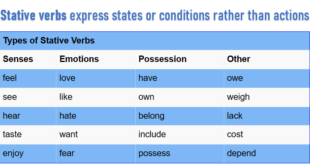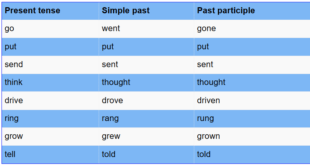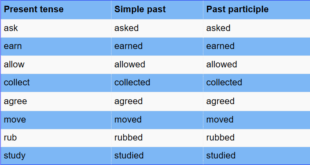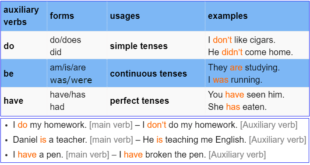![]()
We use the future simple tense to talk about upcoming events or predictions.
Form: subject + (helping verb) will + main verb
- I will see you tomorrow.
- He will be four years old next Monday.
- They will arrive in ten minutes.
| Positive | Negative | Question |
| I will see. | I will not see. | Will I see? |
| You will come. | You will not come. | Will you come? |
| He will talk. | He will not talk. | Will he talk? |
| She will cook. | She will not cook. | Will she cook? |
| It will work. | It will not work. | Will it work? |
| We will go. | We will not go. | Will we go? |
| They will play. | They will not play. | Will they play? |
We can use the question words (who, what, when, where, why, how) at the beginning of interrogative sentences.
- What will I see?
- When will you come?
- Where will we go?
- How will she cook?
We use “will” to express predictions, offers, plans, and promises.
- I will go to school tomorrow. [intention]
- I will wash the dishes if you dry up. [willingness]
- The doctor will see you again next week. [plan]
- I think it will rain tonight. [prediction]
- I will give your money back next week. [promise]
- It’s too late. I will give you a ride home. [offer]
Contractions in the future simple tenses
| Positive | Negative |
| I‘ll see you. | I won’t see you. |
| You‘ll come here. | You won’t come here. |
| He‘ll talk with me. | He won’t talk with me. |
| She‘ll cook dinner. | She won’t cook. |
| We‘ll go there. | We won’t go there. |
| They‘ll play soccer. | They won’t play soccer. |
We use “going to” to talk about a future plan or intention.
Affirmative form: subject + am/is/are + going to + verb (infinitive)
- I am going to buy a new car in the near future.
- He is going to quit his job next year.
- We are going to tour Europe.
Negative form: subject + am/is/are + not + going to + verb (infinitive)
- I am not going to buy a new car in the near future.
- He is not going to quit his job next year.
- We are not going to tour Europe.
Question form: am/is/are + subject + going to + verb (infinitive) +?
- Am I going to buy a new car?
- Is he going to quit his job next year?
- Are we going to tour Europe?
Native speakers use “gonna” instead of “going to” in very informal conversations.
- I am gonna clean the kitchen.
- This isn’t gonna be that easy.
We use the present continuous tense to talk about a future fixed arrangement.
Form: subject + am/is/are + verb-ing
- I am meeting Jim tomorrow.
- He is having lunch with his fiancée on Friday.
- We are flying to New York tomorrow.




